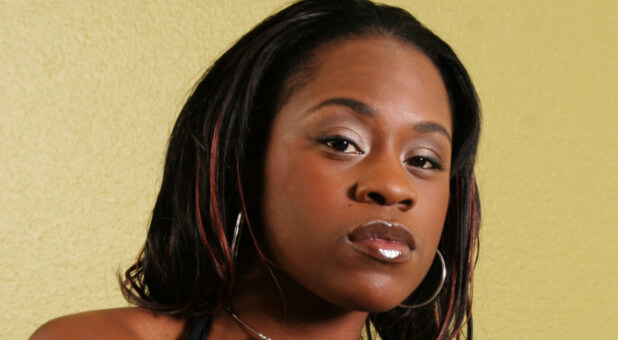What do you do with your doubts and questions about God? The ones I’m particularly concerned with have to do with the subject depicted on our cover: “God Loves His Daughters.” This is by far our most critical concern. And how we resolve our questions determines the steadiness (or shakiness) of our foundation in Christ.
Our ability to walk in victory, to lay claim to our spiritual inheritance and embrace the challenges and rewards of our callings all hang on our belief that God loves us and always will. What becomes of our expectations if we question this essential truth? Why would we?
This may not be a problem for everyone. Some people see themselves as naturally lovable; some believe they are loved only as long as they fulfill certain requirements; and still others have trouble imagining that there is anything they could do or not do that would cause anyone, even God, to love them. Unless this issue is resolved, we will encounter periods of struggle when it will be hard to find fulfillment in life.
Jesus knows our makeup. He understands that circumstances won’t always appear to line up with the belief that He loves us forever, without condition. He knows that even the strongest believers can enter into trying seasons when He does not seem to be responsive to their needs.
In the book of Luke, we are given some details as to the state of mind of John the Baptist before his martyrdom. Although John had baptized Jesus and experienced the witness of the Spirit, he questioned what he believed about Christ when he was facing execution. From prison, John sent messengers to inquire of Jesus, “‘Are you the Coming One, or do we look for another?'” (See Luke 7:19, NKJV.)
In Jesus, the One and Only, Bible teacher Beth Moore offered this insight: “John knew with his head that Jesus was the Messiah. Sitting in that prison cell, I think he was having a little trouble knowing it with his heart.”
This is what happens with us. When life becomes harsh, and God’s response to us is markedly different from what we believe the response of a loving father should be, it’s hard to make sense of things, and we can feel quite alone. At this point, our faith has to kick into high gear so that the painful feelings generated by our experiences don’t overrun what we know to be true about God’s nature.
Beth said it this way: “We’ve got to know what we know even when we don’t feel what we want to feel.” She is so right.
How true, too, are these words of the psalmist: “My flesh and my heart fail; But God is the strength of my heart and my portion forever” (Ps. 73:26).
If we are going to walk out all that God has put in us, most of us will have to go to war against the unruliness of our hearts. We will need to dare our doubts to come out from where they’re hiding and into the open—into the presence of the Lord who loves us, even when we doubt Him.
The worst thing we can do is pretend (as though God doesn’t know). The second worst is to succumb to guilt and condemnation.
God does not condemn us for acknowledging our need for Him. His love for us is patient, and He would not have us be afraid to come to Him with our questions. He intends for us to discover the depth of this truth: “Perfect love casts out fear” (1 John 4:18). This is the revelation that empowers us to live honestly, compassionately and courageously so we can embrace our assignments and enjoy the fullness of the blessings of the Lord.














































